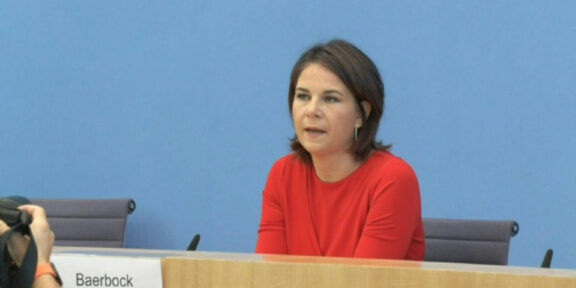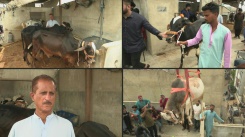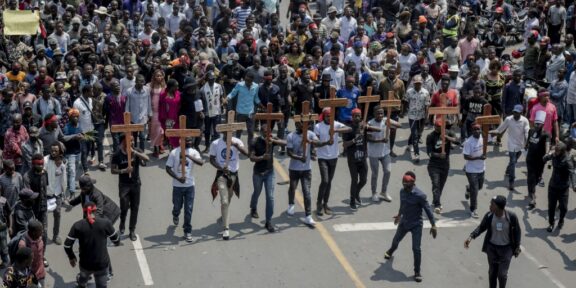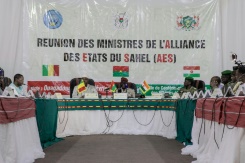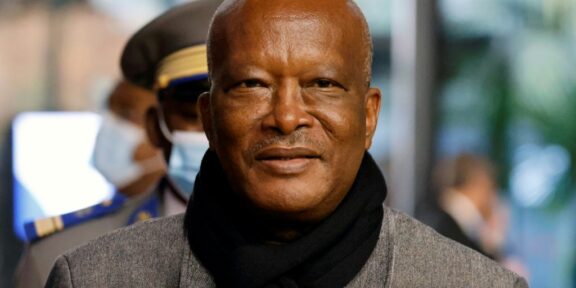Several high-profile Ethiopian opposition leaders were tasting freedom on Saturday after the government granted a surprise amnesty for prominent political detainees, including senior Tigrayan figures.
The government said the move was designed to promote “national dialogue” and follows a dramatic shift in fortunes in the brutal 14-month war between forces loyal to Prime Minister Abiy Ahmed and the rebel Tigray People’s Liberation Front (TPLF).
TPLF fighters withdrew to their stronghold in the northernmost region of Tigray at the end of December in the face of a military offensive by government forces that saw them retake a string of strategic towns.
Several TPLF figures were among those pardoned, as well as opposition leaders from the Oromo ethnic group, the largest in Ethiopia, and the Amhara.
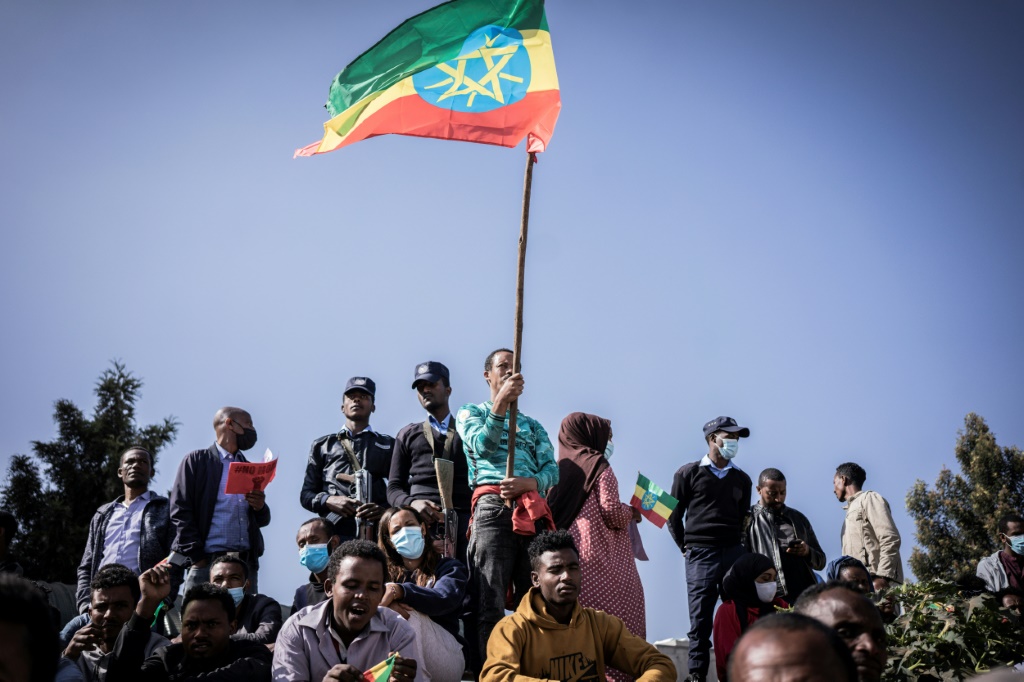
“The key to lasting unity is dialogue. Ethiopia will make any sacrifices to this end,” the government communications service said in a statement late Friday announcing the amnesty.
“Its purpose is to pave the way for a lasting solution to Ethiopia’s problems in a peaceful, non-violent way… especially with the aim of making the all-inclusive national dialogue a success.”
The amnesty was welcomed by the United Nations and the African Union, which has been spearheading international efforts to end the conflict.
It was not clear if the government was proposing any negotiations with the TPLF, the party that dominated politics for three decades until Abiy took power in 2018 but is now considered a terrorist group by Addis Ababa.
There has been something of a pause in fighting since the TPLF retreat, although the rebels accuse the government of still carrying out deadly drone strikes on Tigray.
The UN reported this week that three people including two children had been killed in an air raid on a refugee camp in the region.
– ‘National reconciliation’ –
Tigray also remains under what the United Nations has called a de facto blockade that is preventing life-saving food and medicine from reaching Tigray’s six million people, where many are living in famine-like conditions.
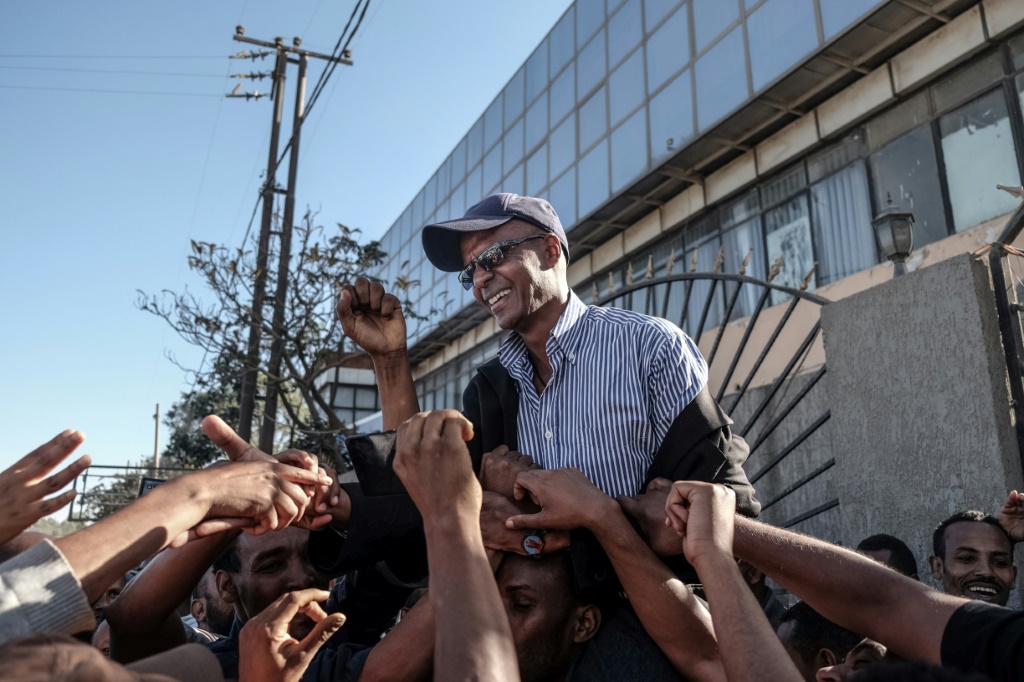
The war in Africa’s second most populous country has claimed the lives of thousands of people, displaced around two million, and inflicted atrocities on civilians in Tigray, as well as the neighbouring Amhara and Afar regions.
Abiy — a Nobel peace laureate who reportedly went to the battlefront in November to direct his troops — called for “national reconciliation” and “unity” in a statement issued Friday as Ethiopia celebrated Orthodox Christmas.
However, in another statement Saturday he lashed out at “foreign and internal enemies” and described the TPLF as “snakes”.
The pardons coincided with a mission to Ethiopia by US envoy Jeffrey Feltman, who is pushing for talks to end a conflict that exposed the deep divisions in a country with more than 80 ethnic groups.
– ‘Important gesture’ –
Among those freed were several high-profile politicians rounded up after deadly protests that erupted in mid-2020 over the killing of Hachalu Hundessa, a popular Oromo singer and activist.
They included Eskinder Nega, a veteran Amhara journalist and fierce government critic who has spent many terms in prison under various administrations since 2005.
Others released were Jawar Mohammed, an Oromo media mogul and one-time Abiy ally turned opposition politician, and his colleague in the Oromo Federalist Congress, Bekele Gerba.
In all, 239 people were killed in just a few days of unrest in June and July 2020 that saw Abiy — who had himself swept to power on the back of anti-government protests — wrestling to keep a lid on the simmering ethnic tensions and resentments.
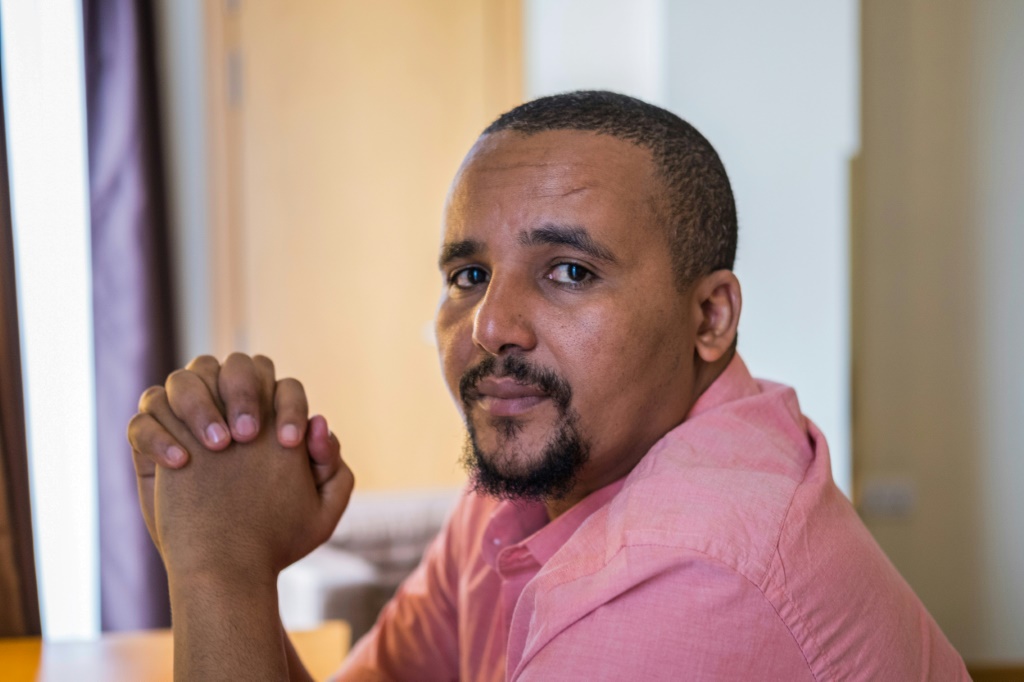
Tuli Bayissa, a lawyer for Jawar, Bekele and others, confirmed their release but told AFP he was working to secure freedom for many more detainees, including senior Oromo figures who had been exonerated of any charges by a court many months ago.
It was not immediately known if the TPLF stalwarts granted amnesty — including one of its founders Sibhat Nega and former Tigray president Abay Woldu — had been released by Saturday.
The fate is also unclear of thousands of people reportedly detained in sweeps that appeared to target Tigrayans under a wartime state of emergency declared in November.
UN Secretary General Antonio Guterres welcomed the amnesty announcement but also called for “meaningful improvement” in humanitarian access to all conflict-hit areas.
African Union Commission chief Moussa Faki Mahamat described it as an “important gesture of appeasement of the political situation in Ethiopia” and voiced hope it would pave the way for a “genuinely inclusive” national dialogue.


